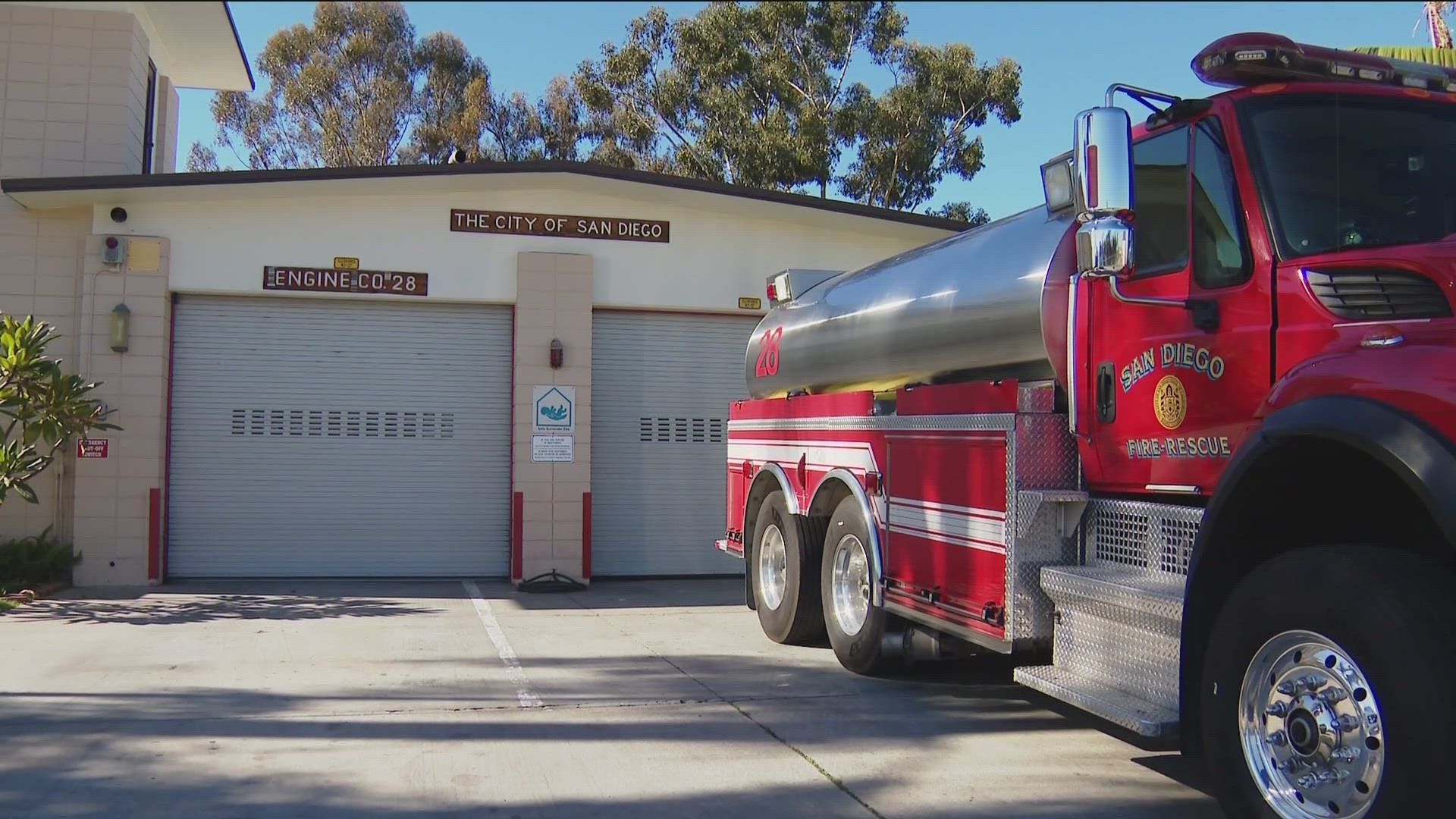SAN DIEGO — San Diego first responders say they are overwhelmed with mental health calls. They’re hoping changes at the state and local level will provide more resources to help alleviate the problem. They received more than 53,000 calls last year and oftentimes, there's not much they could do to help those on the other end.
San Diego Fire Chief Colin Stowell said responding to mental health calls has put a strain on his department, it's affecting all first responders.
"You're talking about over 130,000 hours personnel hours just that year on scene for mental health emergencies,” said Chief Stowell.
That's the equivalent of 36 first responders spending their entire shift every day for a year just responding to mental health calls. Chief Stowell also said it creates overcrowding at local hospitals because there's nowhere else for the patients to go.
"We have no other recourse other than taking them to the hospital or the emergency room and so that's kinda where it bottle necks and not only do we see the time it takes the resources out of the streets when we respond to these folks, but in the emergency rooms are tied up as well and you have ambulances lined up there stacked for a very long time waiting for beds in the emergency room when really that's not the right place for them to be taken," said Chief Stowell.
First responders will have more options for mental health cases starting Oct. 1. They will then be able to refer those with schizophrenia and similar psychotic disorders to a voluntary program called CARE court.
"Under CARE court, if clients are willing to accept services, CARE court will mandate the county to provide those services or fine them $1,000 per day, per person," said San Diego Mayor Todd Gloria.
But the mayor says that won't go far enough. He said this is why he's sponsoring Senate Bill 43, which would expand eligibility for conservatorships, as well as pushing the state to add 10,000 additional mental health beds and extra funding.
Chief Stowell says he supports those initiatives and says crisis will continue to grow without them.
“A lot of these folks have been in the 911 system many times and so if we can identify them early, get them the right care, that will also reduce the call volume our folks are having to respond to,” said Chief Stowell.
WATCH RELATED: Mental Health Resources | HERE Now Program helps middle & high school students in San Diego County

